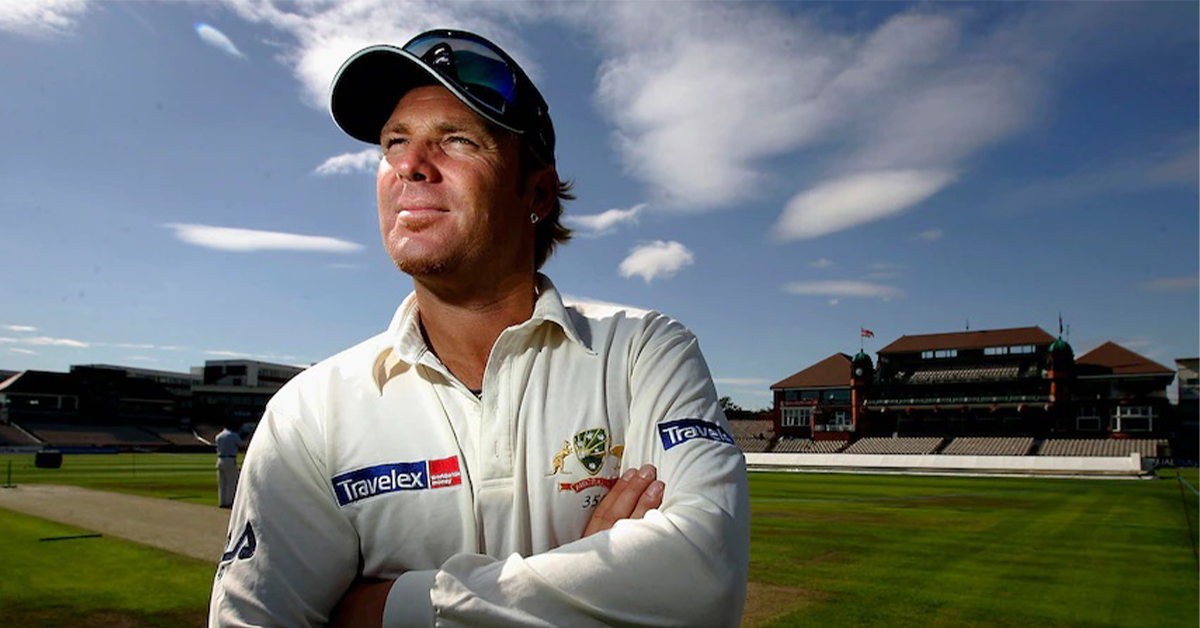It’s one of the most dreaded (and patronising) questions we could be asked a teen.
“So, what do you want to be when you grow up?”
Shudder.
I mean come on – we’re only just starting to get to know ourselves.
Learning what we like and what we dislike. Discovering what kind of music we’re into. Whether or not we like sushi.
And we’re already supposed to know what we want to be when we grow up so that we can take the ‘right’ subjects that’ll get us into the ‘right’ uni course or TAFE diploma or prepare us for that apprenticeship or traineeship and set us on the path to success?
Stahhhp.
Not only is it totally unreasonable to expect teens to have a life plan at the tender age of 15 (seriously), it’s about time we realise that there are no default paths to success.
In fact, some of the paths least travelled often lead to the most unreal success stories.
Take the late Shane Warne’s journey to become one of the greatest cricketers in history.
Like many of us, our beloved Warnie (may he rest in peace) finished school with no idea where his future would take him.
He started off working odd jobs like delivering furniture and delivering pizzas, before studying accounting at TAFE.
Then, he flirted with a career in the AFL – he even managed to get on the St Kilda Under 19s side until he was (devastatingly) delisted by the Saints – before turning his full attention to cricket.
That turned out to be his true life’s calling, and seven hundred and eight Test wickets later, Warnie became universally acknowledged as one of the game’s all-time greats.
His path to success was anything but linear.
It started and stopped and shuddered. It zigzagged left and right, often veering spectacularly between disastrous and glorious.
But it was his path – a path that took complete ownership of – and leaves a legacy that Gen Zs can really get behind.
That it’s time to drop the narrative that we have to have it all figured out when we finish high school (or ever, really).
That it’s time we get genuinely curious about alternative approaches to designing a life driven by purpose.
And that – perhaps this is most reassuring of all – sometimes what we thought we wanted most in the world (referencing Warnie’s dream to be an AFL footballer), might not be what’s right for us.
And that’s okay, because something better and more beautiful is waiting on the other side of some of life’s hardest times and greatest disappointments.






